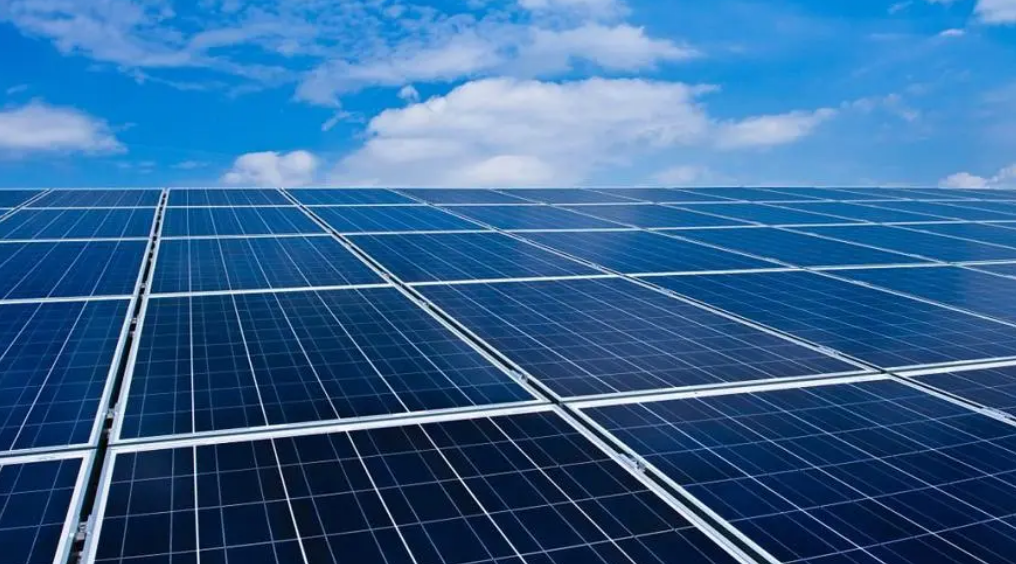The war in Ukraine has accelerated the development of renewable energy in Europe. Power sharing will be a key step to stabilize clean energy supply in Europe by making use of the "invisible energy highway" of undersea cables to allow other countries to supplement their own shortages.
In recent years, the UK has regularly established power-sharing policies with European countries. Recently, it announced that it will build a submarine cable between the UK and Germany over 724 kilometers, with an estimated cost of 1.95 billion dollars. Once completed, 1.4GW of power transmission can power up to 1.5 million households. Here's the xlpo solar cable.
An undersea cable linking Britain to Norway, completed last year, will allow Britain to take advantage of Norway's abundant hydropower in rugged mountainous terrain. Norway will also take advantage of Britain's vast wind power capacity, which will be channelled through the cable, and help ease the bottleneck of producing overly much renewable energy, which leads to frequent power cuts in wind turbines.

Britain and Norway are both oil and gas giants, but both are active in renewable energy. Norway gets 98% of its electricity from renewable sources, mainly hydropower. Britain aims to generate 100 percent of its electricity from renewable sources by 2035.
The growing integration of the European electricity market is an essential step towards decarbonisation, with plans to share electricity not only across the continent but also across borders to Africa. Last year, Greece and Egypt announced that they were discussing a 2GW undersea cable across the Mediterranean, which would be the first to link Europe to Africa. The thinking behind the plan is that North Africa's vast green energy capacity could send renewable electricity to continental Europe via undersea cables.
Another Eurasian interconnection project covers Cyprus, Israel and Greece, with a 1,500-kilometer cable. The European Union has approved a grant of 100 million euros to help Cyprus stabilize its energy supply. In addition, Italy and Tunisia are also preparing to build a 600MW cable in the Sicily Strait, and Algeria is considering the possibility of building a cable with Italy and Spain.
Spain plans to install an undersea cable to Morocco with a total capacity of 1.4GW, adding to two existing cables. Britain is also planning to build the world's longest undersea cable to Morocco, which is developing a similar bilateral project with Portugal.
The undersea cable boom in Europe is driven by the rapid growth of electricity from renewable sources such as wind and solar power. But the supply is erratic as the wind and sunlight shift, so the sharing of surplus power in one area to make-up for shortages elsewhere is increasingly vital. Reliance on fossil fuels can only be reduced if renewable electricity is reliably supplied.